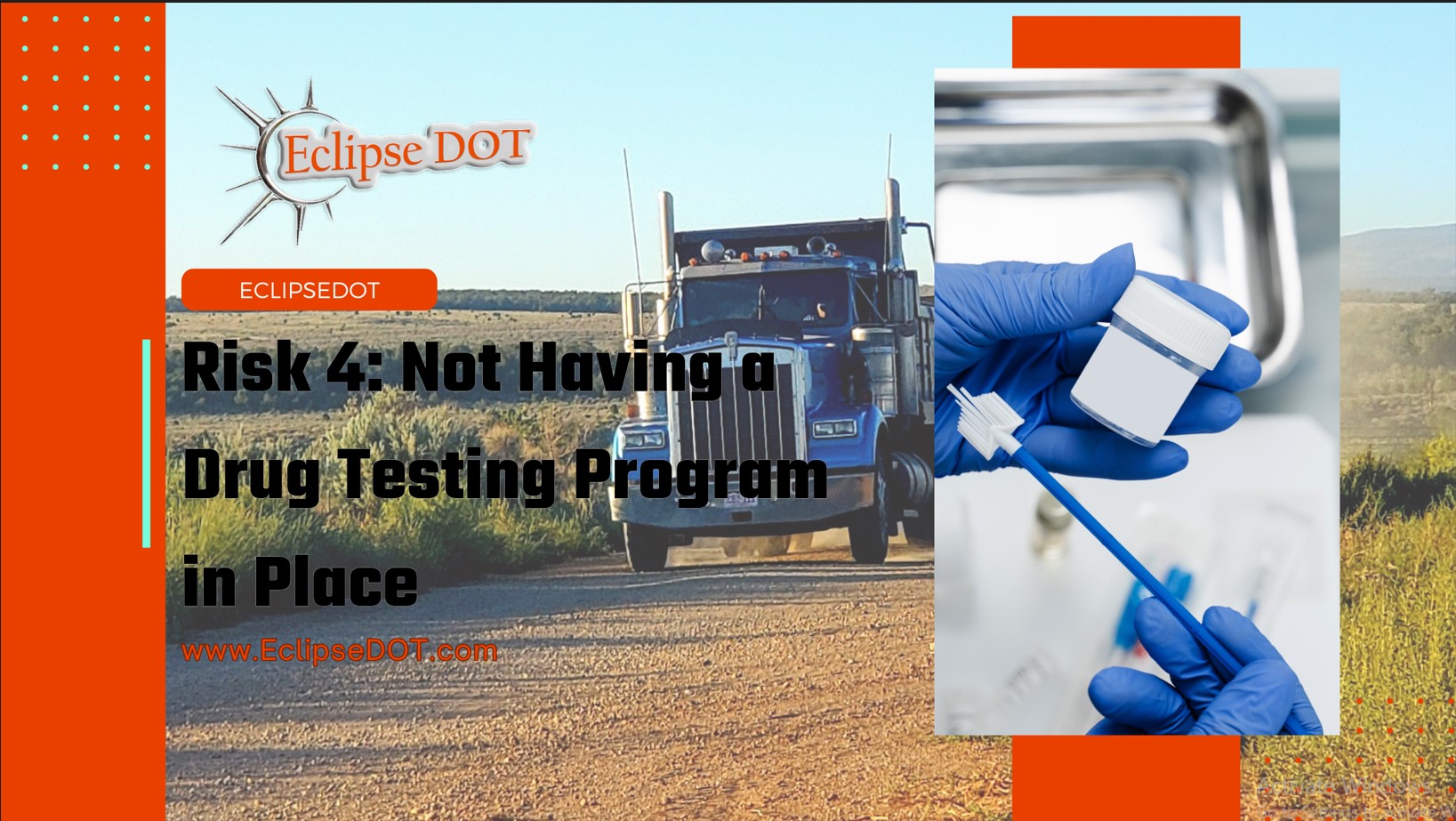Compliance Guide for FMCSA Drug Testing Regulations
In the realm of commercial motor vehicle operations, compliance with the Federal Motor Carrier Safety Administration’s (FMCSA) drug testing regulations is of paramount importance.
1. Initial Drug Test
Drivers must pass a drug test before they can operate commercial vehicles under your company’s authority. This initial screening is critical to establishing a baseline of drug-free drivers within your workforce.
2. Random Screening
Random drug screening programs are a proactive measure to deter substance abuse among CDL drivers. Enrolling your drivers in such a program helps maintain a vigilant stance against drug use.
3. Reasonable Suspicion Training
At least one supervisor must receive training in recognizing indicators of drug use impairment. This training equips your team with the skills to identify and address potential issues promptly.
4. Record-Keeping
Accurate record-keeping is crucial. Maintain comprehensive records of all drug tests conducted for CDL drivers. These records serve as evidence of compliance and can be audited by regulatory authorities.
5. FMCSA Clearinghouse Query
Conduct an annual query for each CDL driver in the FMCSA Clearinghouse to ensure that your drivers have not violated drug and alcohol regulations while working for other employers.
Risks of Non-Compliance
Non-compliance with these regulations carries significant risks, including audit fines ranging from $5,000 to $30,000 or more per driver per year. The financial burden of potential lawsuits could be substantial, especially if your insurance coverage does not extend to non-compliance-related expenses.
Immediate Action for Robust Compliance
To address these risks and establish a robust drug testing program, immediate action is necessary. Eclipse DOT offers invaluable assistance.
Discover our CDL & DOT Compliance blog for an exclusive trial at DOTDocs.com. Also, claim your FREE micro audit at THE ECLIPSE DOT MICRO AUDIT. Ready for smoother operations?


